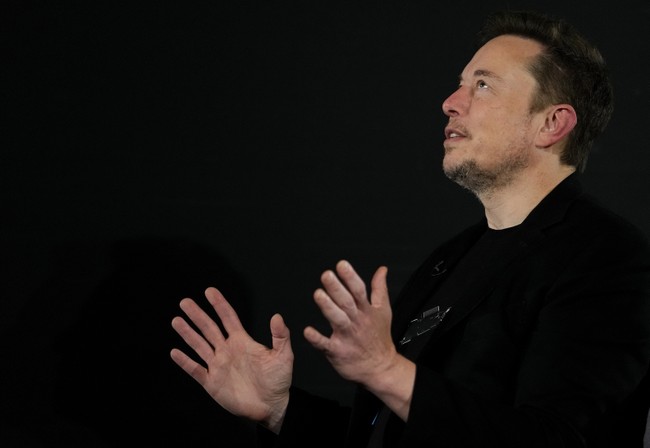
Elon Musk’s SpaceX turned a smallbore squabble about an alleged unfair labor practice into a massive assault on the administrative state that could result in the entire enforcement structure of the National Labor Relations Board being declared unconstitutional. In an opinion released Thursday, US District Judge Alan Albright of the Western District of Texas, a Trump appointee, ruled that SpaceX “has demonstrated a substantial likelihood of success on its claims that Congress has impermissibly protected both the NLRB Members and the NLRB ALJs from the President’s Article II power of removal.”
The case started with SpaceX firing eight engineers for circulating a letter criticizing Musk for alleged “sexist conduct” and claiming the company discriminated against women. There is no word on the engineers’ hair color or pronouns. After their defenestration, they were required to sign severance agreements that prevented them from publicly disparaging SpaceX or joining in class action lawsuits. They made a complaint to the NLRB, which was naturally accepted.
Judge Albright’s decision followed a July 10 ruling in which he granted an injunction against any NLRB action until the agency’s constitutionality is established.
SpaceX’s attack on the NLRB structure was based on a recent Supreme Court decision, Security and Exchange Commission vs. Jarkesy, and the Fifth Circuit opinion that preceded the Supreme Court ruling.
BACKGROUND:
5th Circuit Slaps Down Joe Biden’s SEC, Liberals Promptly Lose Their Minds – RedState
The Skinny on SCOTUS – 6-27-24 Edition: The Sleepers – RedState
SpaceX argued that, like in Jarkesy, the double insulation for NLRB administrative law judges was an unconstitutional infringement of the president’s power to fire minor officers. In this case, a byzantine system essentially ensures administrative law judges can do whatever they wish. Administrative law judged can only be removed for good cause determined by the Merit Systems Protection Board. The MSPB has the same protection. The appointed members of the NLRB are only removable “for neglect of duty or malfeasance in office.” The Supreme Court has twice found that level of insulation from the consequences of your actions to be unconstitutional; see Seila Law LLC v. Consumer Federal Protection Bureau and Collins v. Yellen.
There is a long way to go before the NLRB has its windows shuttered and its doors nailed shut, but now that agency is on the defensive. There are other cases in which Amazon and Trader Joe’s are making the same argument in progress. Given the history of rulings on the subject, the Roberts Court is likely to agree.
